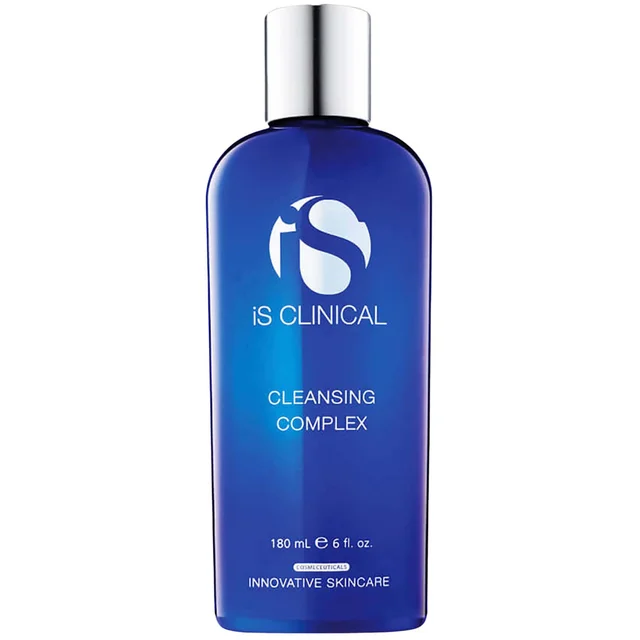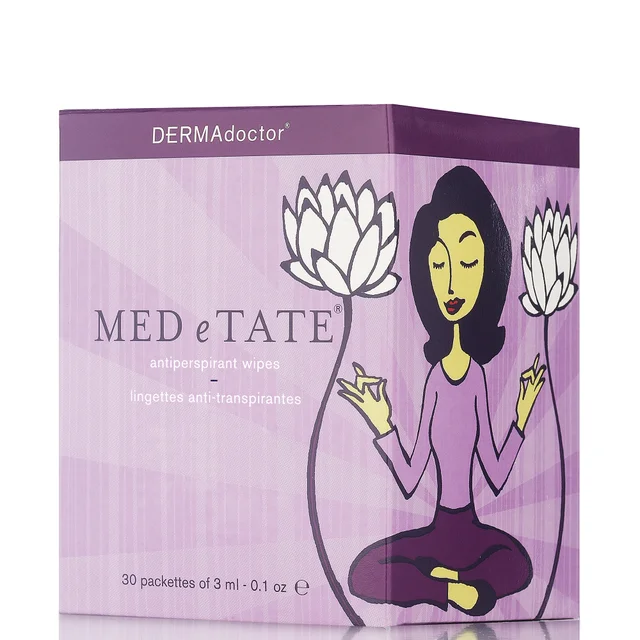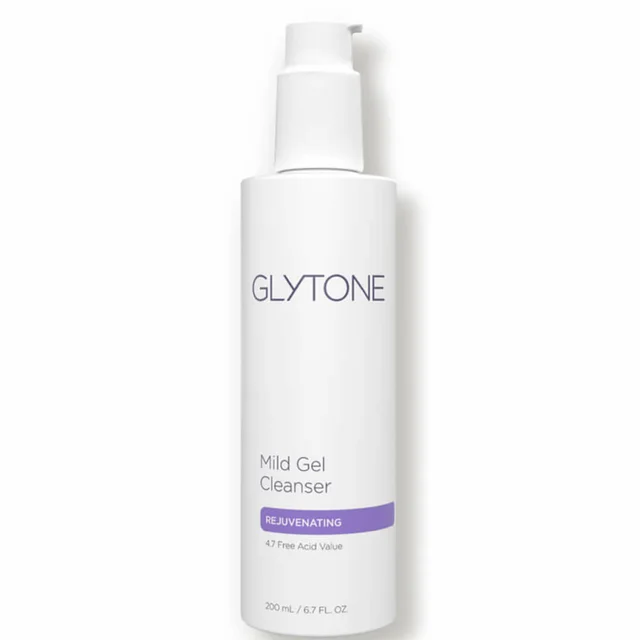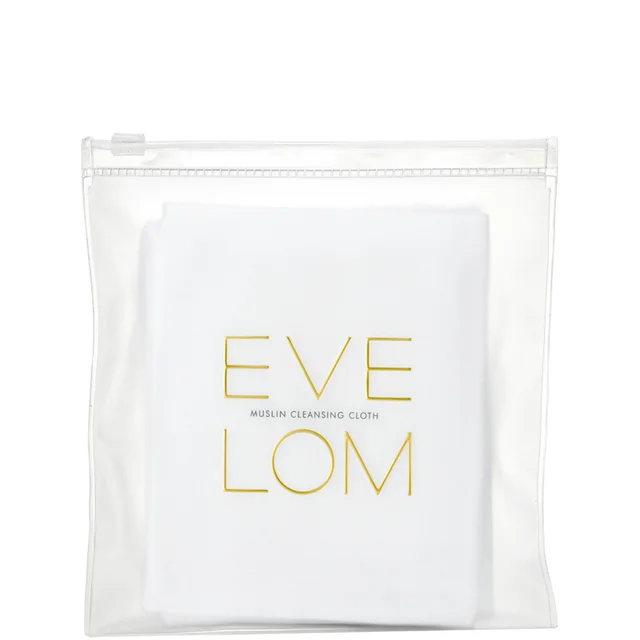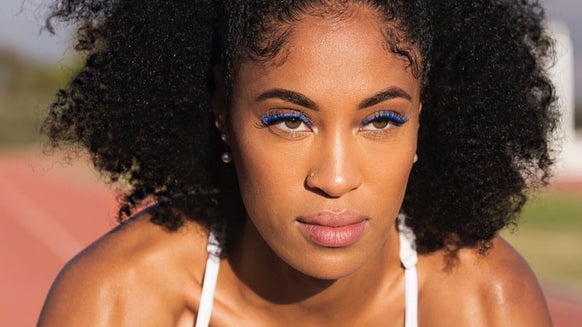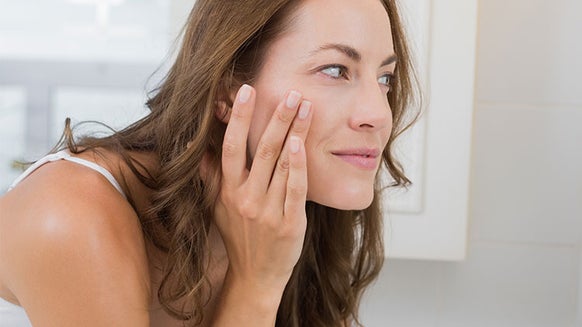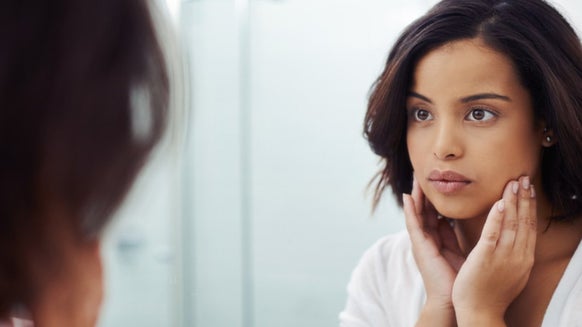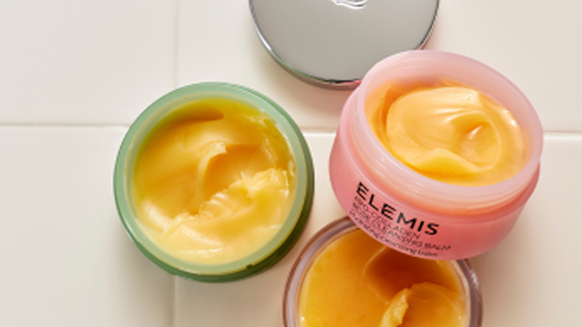Is Sweating Good for Your Skin? Plus 5 More FAQs
Let's talk about sweat, baby. For the most part, sweat is a perfectly natural part of human existence. However, there are a surprising amount of misconceptions about sweat and how it affects the body (whether or not it's good for your skin, in particular). Let's dive into the function of sweat, determine how it affects your skin health and when sweating could indicate a bigger issue.
1. What exactly is sweat?
Sweat (also known as perspiration) is the body’s inherent way of cooling itself down when it gets too hot. The overheating can be caused by a number of things including exercise, hot weather or stressful situations. When overheating occurs, the nervous system triggers a process that releases sweat through glands on the body. The liquid is evaporated from the skin’s surface, taking excess body heat with it.
2. Does sweating help you detox the body?
The answer: Maybe?
According to a 2011 study on the elimination of toxins, "induced sweating appears to be a potential method for elimination of many toxic elements from the human body." Chris Woolston, M.S. writes in an LA Times article that sweat "does contain trace amounts of toxins." However, other expert sources, such as the University of Arkansas for Medical Sciences, claim that the kidney, liver and intestines are responsible for the filtering and elimination of toxins—not sweat.
Essentially, sweating may help you eliminate toxins, but it isn't a significant amount—nor is it what sweat is designed to do.
3. Why do people smell after they sweat?
While people may think it’s sweat itself that smells, sweat is actually completely odorless. However, bacteria near the apocrine glands (located in the armpits and groin) breaks down the sweat, which then causes a distinct odor. That’s why deodorant is generally only applied under the armpits, rather than the entire body.
4. Is sweating good for your skin?
When your body's natural process are working in balance, sweat isn't going to help or harm your skin. Sweat is designed to carry out an important process—cooling your body down. However, when combined with other factors, sweat might lead to certain skin concerns like acne or rashes. Which brings us to---
5. Can sweating cause acne or rashes?
Sweat won't be the sole cause, but it can certainly contribute to a breakout. Your skin accumulates plenty of dirt, oils, makeup and other impurities over the course of a day, (sweat included). These impurities, if left on the skin's surface, can clog your sweat glands—making it harder for your body to cool down and potentially leading to breakouts. In some cases, your skin may become irritated, leading to a skin condition called milaria (also known as a heat rash). While this will generally resolve itself in a day or two, it’s often preventable.
If you notice a breakout that occurs in the days following exercise on a regular basis, taking a shower and washing your face sooner after the workout might help. Additionally, removing makeup or heavy lotions before working out can help prevent blocked sweat glands and pores. While your body needs to go through the process of cooling down, there are a few ways to help keep the sweating in check, especially after exercise.
6. When should you be concerned about sweating?
If you're sweating excessively or in unwarranted situations, and it's affecting your everyday activities, it might be a sign of hyperhidrosis. Certain medical conditions and side effects of medications or supplements can cause excessive sweating. Conditions include diabetes, menopause, hyperthyroidism and tumors. Talk to your health care provider if you think your sweating habits might be abnormal.
Don't Sweat Sweating
In general, sweating is usually nothing to worry about (as long as you're staying healthy and taking care of your skin!). And it may be a relief to know that everyone sweats—as it's a completely natural bodily function. However, if you want to sweat less or avoid breakouts after sweating, check out some of our recommendations below.

From the latest hair and makeup trends to the best solutions for your skin issues, we've got all your beauty concerns covered!
